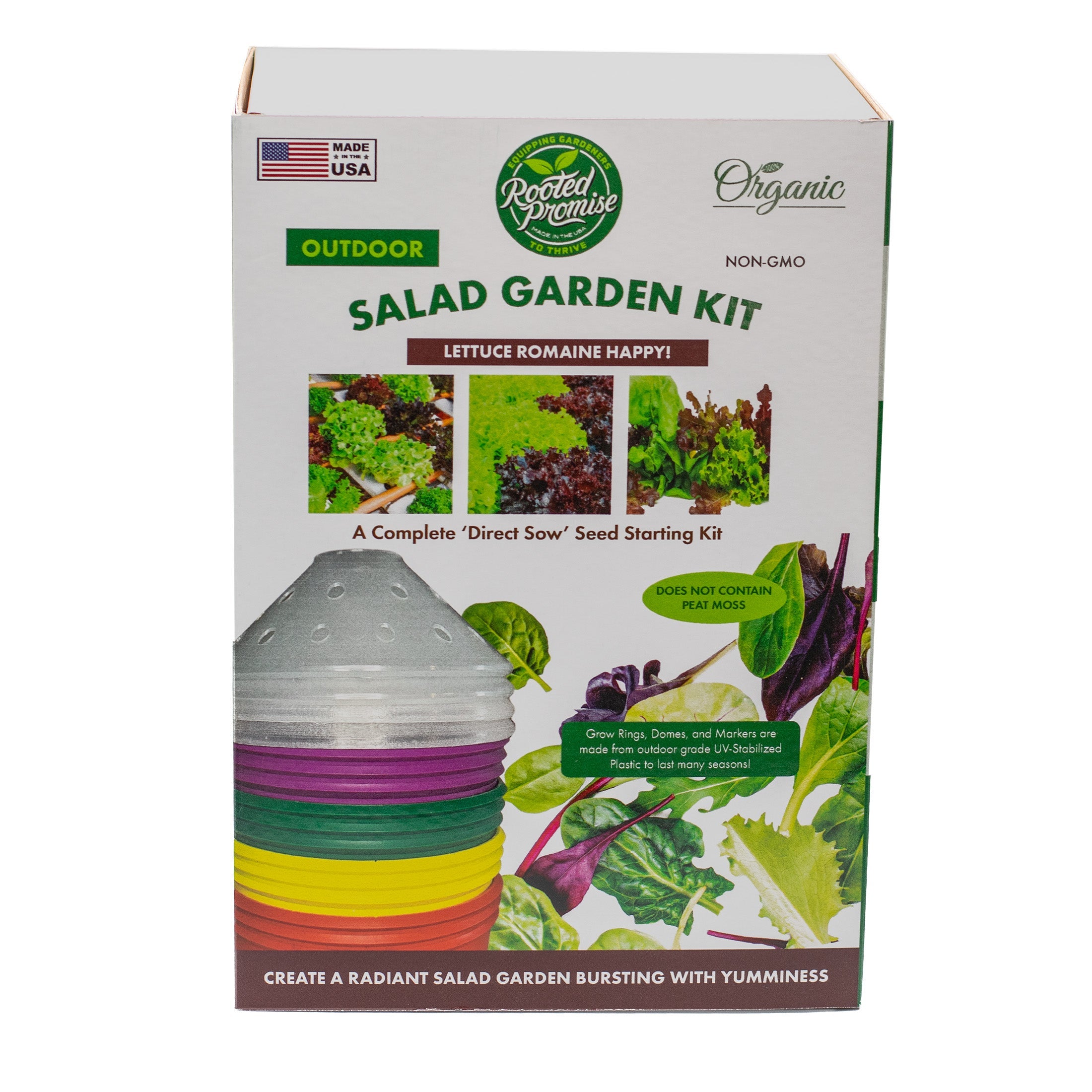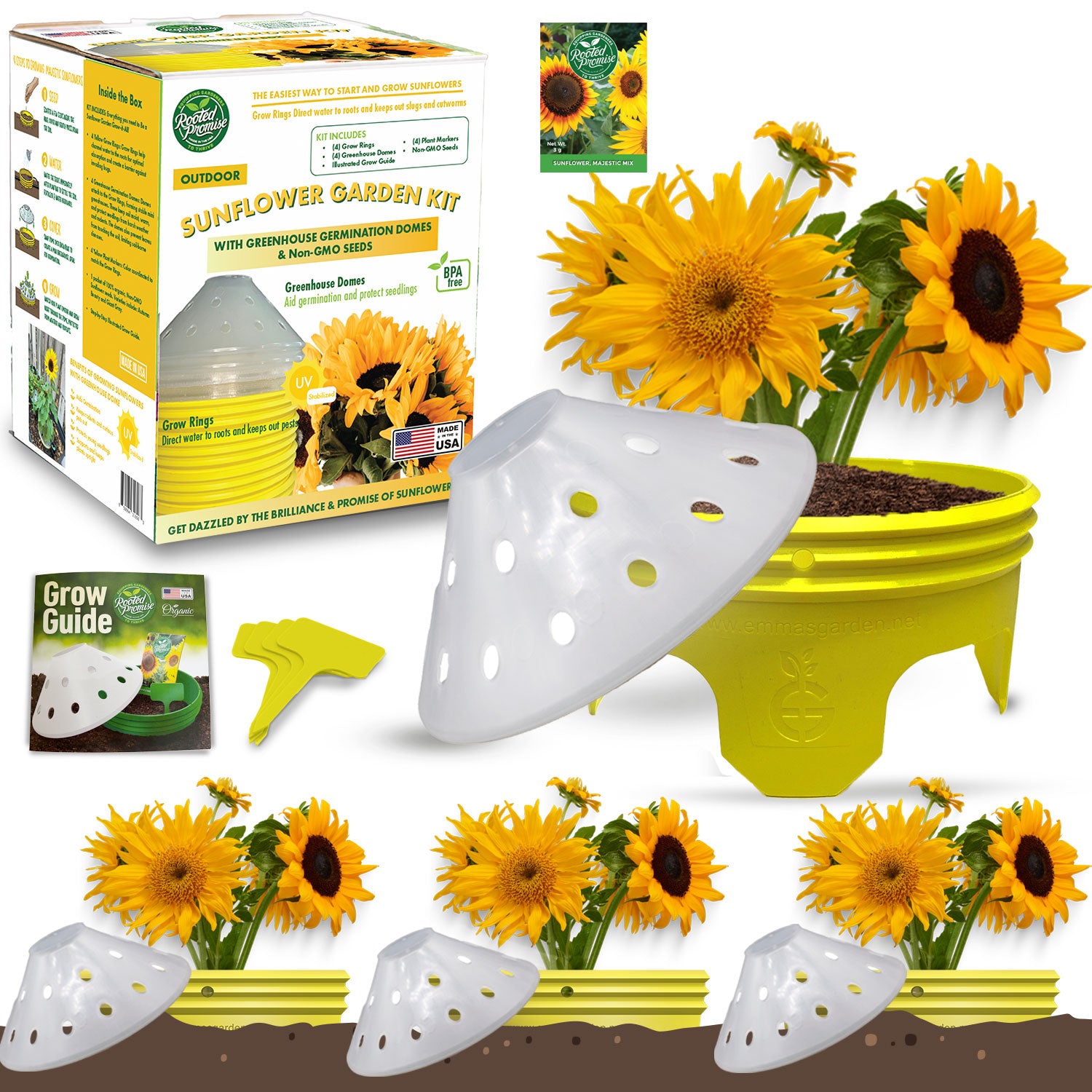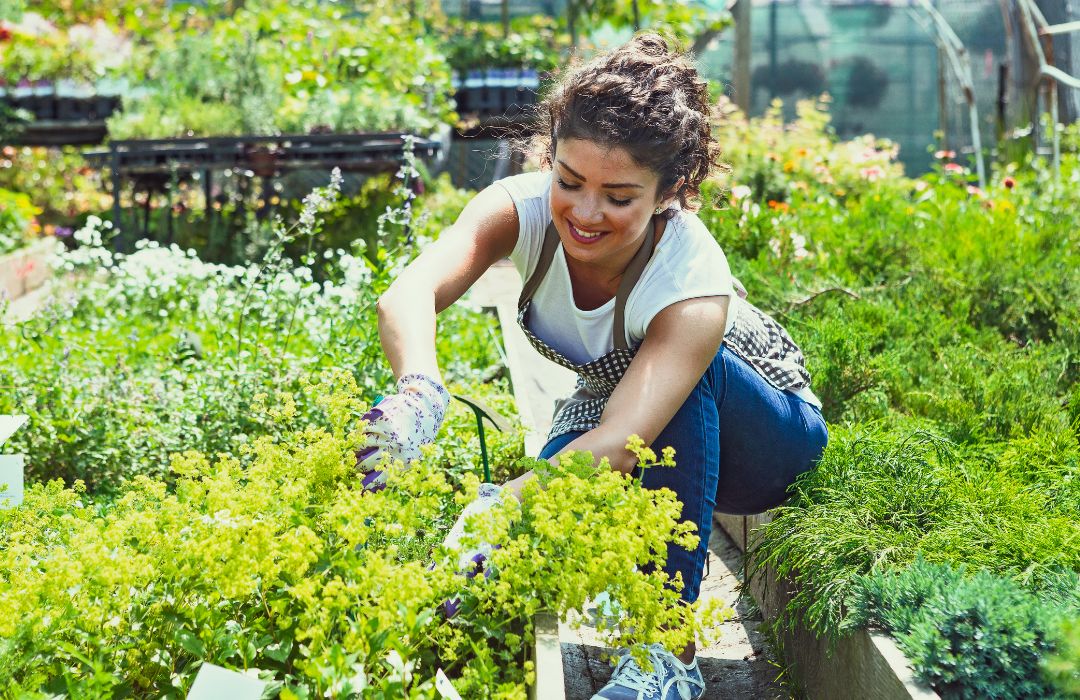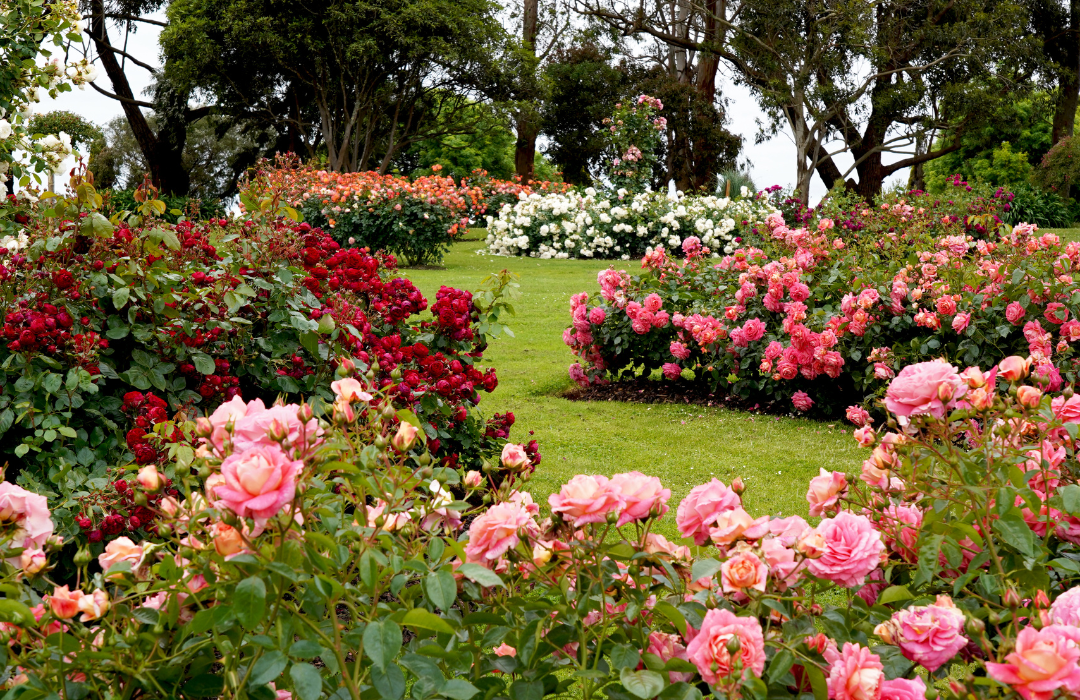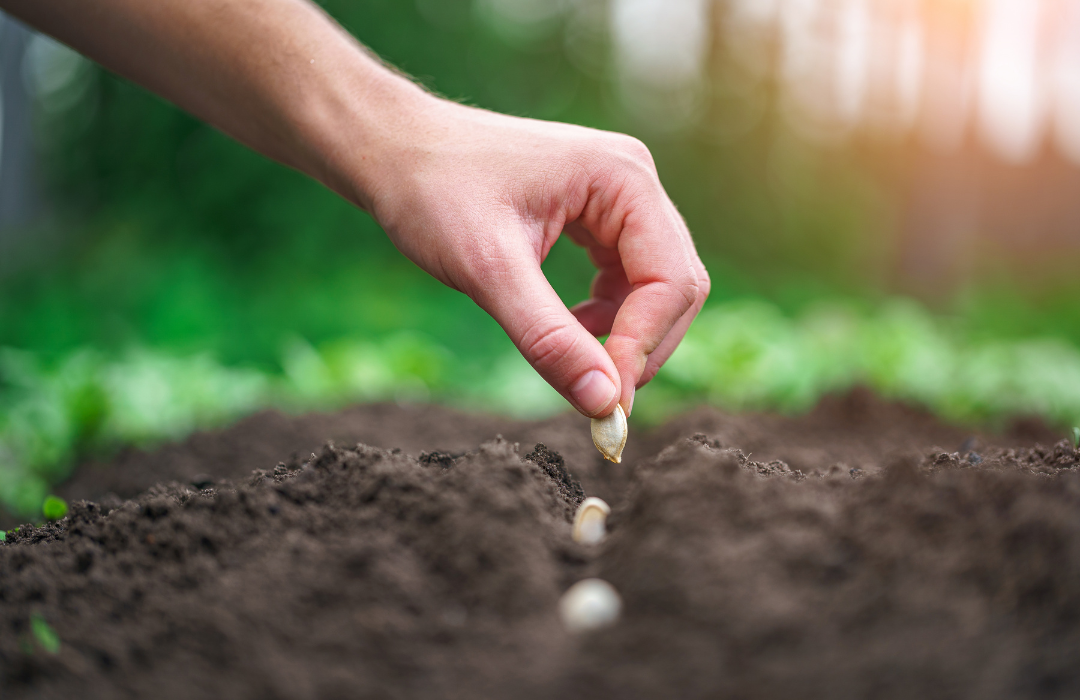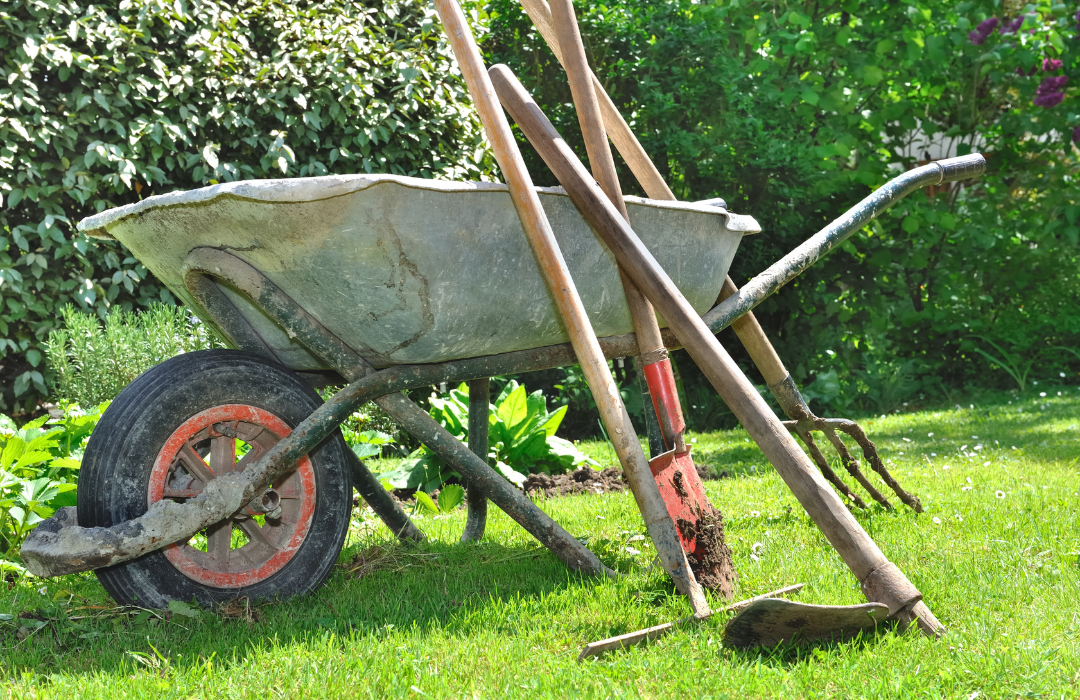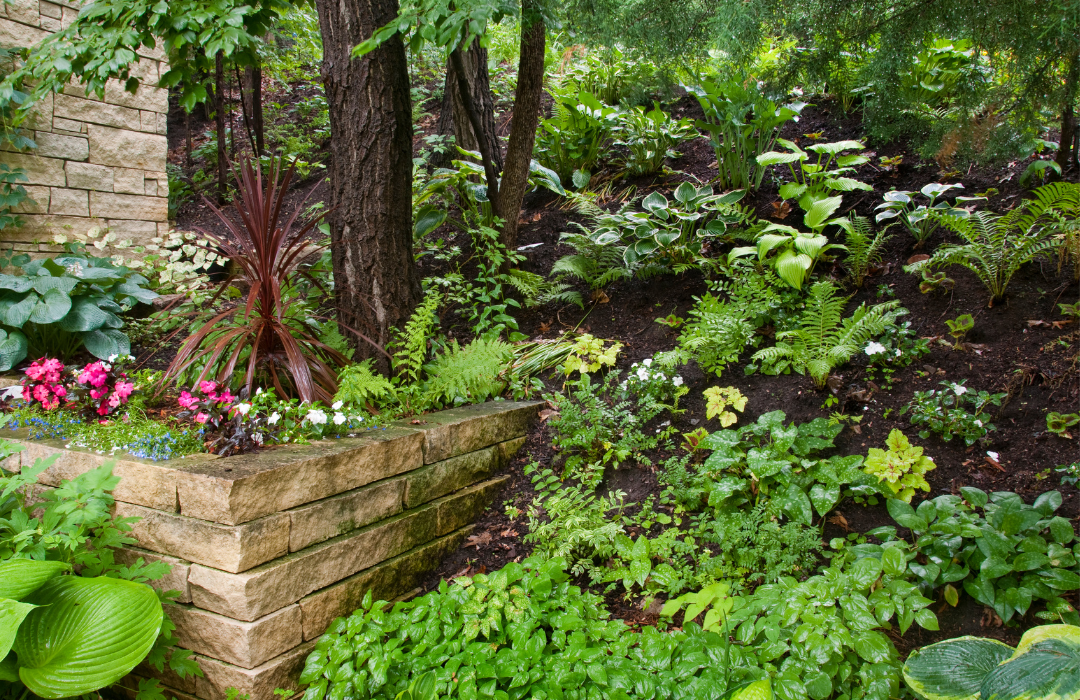
Table of Contents
- Introduction
- What is gardening?
- The benefits of gardening for mental health
- Stree reduction
- Improved mood
- Increase Physical activity
- How does gardening promote mental well-being?
- Connecting with nature Sense of accomplishment
- Social interaction and community engagement
- Mindfulness and relaxation
- Gardening as therapy
- Horticulture therapy
- Community gardens and healing gardens
- Practical tips for therapeutic gardening
- Futhrer Resources
Introduction
Gardening is not just about growing plants and beautifying outdoor spaces. It is a deeply therapeutic and rewarding activity that can have a profound impact on our mental well-being. The act of nurturing plants and being surrounded by nature has been recognized for centuries as a source of solace and healing.
In recent years, scientific research has confirmed what many gardeners have intuitively known all along – gardening is good for mental health. Studies have shown that spending time in nature and engaging in gardening activities can reduce stress, improve mood, and promote overall well-being.
In this article, we will explore the numerous benefits of gardening for mental health and delve into how gardening promotes well-being on an individual and community level. Whether you have a sprawling backyard or a small balcony, you can harness the therapeutic effects of gardening to enhance your mental and emotional well-being. Let's dig in!

What is gardening?
Gardening is the practice of cultivating and tending to plants, whether it's in a small backyard, a community garden, or even indoor pots. It involves activities such as planting seeds or seedlings, watering, weeding, pruning, and harvesting. The process of gardening requires patience, care, and a deep connection with nature.
For many people, gardening is a way to escape the hustle and bustle of daily life and find solace in the tranquility of nature. It provides an opportunity to slow down, be present in the moment, and engage in a hands-on activity that allows for self-expression and creativity.
Whether you're growing flowers, vegetables, or herbs, gardening offers a sense of purpose and fulfillment. It allows you to witness the growth and transformation of plants, from tiny seeds to thriving organisms. Gardening is a journey of nurturing and witnessing the beauty of nature unfold.
While gardening may seem like a simple hobby, its impact on mental health goes far beyond the act of planting and tending to plants.
Let's explore the benefits of gardening for mental well-being.
The benefits of gardening for mental health
Gardening offers a multitude of benefits for our mental well-being. Whether you're an experienced gardener or just starting out, engaging in gardening activities can have a positive impact on your overall mental health.
Stress reduction
Gardening has been proven to be an effective stress reliever. The act of immersing yourself in nature and focusing on the present moment can help reduce feelings of anxiety and tension. The rhythmic movements of gardening, such as digging, planting, and watering, can be meditative and calming.When we connect with nature and engage in gardening tasks, our stress levels decrease, and we experience a sense of tranquility and peace. The sights, smells, and sounds of the garden can create a serene environment that promotes relaxation.
Improved mood
Spending time in nature and working with plants can have a positive impact on our mood. Gardening releases endorphins, which are natural mood boosters, and can help alleviate symptoms of depression and anxiety.
Additionally, the act of nurturing plants and witnessing their growth can bring a sense of joy and satisfaction. Seeing the vibrant colors of flowers or harvesting fresh produce from your garden can uplift your spirits and create a sense of achievement.
Increased physical activity
Gardening is a physical activity that promotes movement and exercise. Digging, planting, weeding, and watering all require physical effort and can contribute to a more active lifestyle.
Regular physical activity has been linked to improved mental health and can help reduce the risk of developing mental health disorders. Engaging in gardening can provide a gentle form of exercise that is accessible to people of all ages and fitness levels.
These are just a few of the many benefits that gardening can offer for our mental health.

How does gardening promote mental well-being?
Gardening goes beyond the physical act of planting and tending to plants. It has a profound impact on our mental well-being, promoting a sense of calm, connection, and purpose.
Connecting with nature
Spending time in nature has been linked to numerous mental health benefits. Being surrounded by greenery, fresh air, and natural elements can help reduce stress and anxiety, improve mood, and increase feelings of relaxation and well-being.
When we engage in gardening, we can connect with nature on a deeper level. Whether it's feeling the soil between our fingers, smelling the fragrance of flowers, or listening to the sounds of birds chirping, gardening allows us to immerse ourselves in the beauty and serenity of the natural world.
Sense of accomplishment
Gardening provides a sense of purpose and accomplishment. The act of nurturing plants and witnessing their growth and development can be incredibly rewarding. From planting a seed to seeing it sprout and flourish, every step of the gardening process offers a sense of achievement.
Whether you're growing a beautiful flower garden or cultivating your own vegetables, the fruits of your labor become tangible reminders of your dedication and effort. This sense of accomplishment can boost self-esteem and contribute to a positive sense of self.
Social interaction and community engagement
Gardening can be a social activity that fosters connections with others. Community gardens provide spaces for people to come together, share their love for gardening, and build meaningful relationships.
Working alongside others in a community garden not only allows for the exchange of gardening knowledge and tips but also provides an opportunity for social interaction and support. Engaging in gardening activities as part of a community can create a sense of belonging and camaraderie.
Mindfulness and relaxation
Gardening is a mindful activity that encourages us to be present in the moment. When we engage in gardening tasks, such as weeding or pruning, we focus our attention on the task at hand, allowing our minds to wander and find a sense of calm.
Being present in the garden, observing the colors and textures of plants, and listening to the sounds of nature can induce a state of relaxation and mindfulness. Gardening provides an opportunity to disconnect from the pressures of daily life and find solace in the present moment.
These are just a few of the ways in which gardening promotes mental well-being. Now let’s explore the concept of gardening as therapy.

Gardening as therapy
Gardening has long been recognized as a therapeutic activity that can promote healing, rehabilitation, and overall well-being. The therapeutic benefits of gardening have led to the development of specialized programs and approaches that utilize gardening as a form of therapy. Let's explore some of these applications:
Horticultural therapy
Horticultural therapy is a formal practice that uses gardening and plant-based activities to improve the physical, mental, and emotional well-being of individuals. It is often used as a complementary therapy in healthcare settings, rehabilitation centers, and mental health facilities.
Under the guidance of trained horticultural therapists, individuals engage in gardening activities that are tailored to their specific needs and goals. This can include planting, caring for plants, and participating in nature-based exercises. Horticultural therapy aims to enhance cognitive abilities, improve motor skills, reduce stress, and promote social interaction.
Community gardens and healing gardens
Community gardens and healing gardens are spaces that provide opportunities for individuals and communities to engage in gardening activities for therapeutic purposes. These gardens can be found in various settings, such as schools, hospitals, and residential areas.
Community gardens foster a sense of community and provide a shared space for individuals to come together and cultivate plants. These gardens promote social interaction, enable the exchange of gardening knowledge, and offer a sense of belonging.
Healing gardens, on the other hand, are designed to create a peaceful and healing environment. These gardens often incorporate elements such as sensory plants, calming water features, and accessible pathways. Healing gardens provide a space for individuals to relax, reflect, and find solace in nature.
Practical tips for therapeutic gardening
If you're interested in harnessing the therapeutic benefits of gardening, here are some practical tips to get started:
- Start small: Begin with a small garden or even a few potted plants. This allows you to gradually immerse yourself in the therapeutic experience of gardening.
- Choose plants mindfully: Select plants that resonate with you and evoke positive emotions. Consider factors such as color, fragrance, and symbolism.
- Create a sensory garden: Incorporate plants that engage your senses, such as plants with different textures, fragrant flowers, and plants that attract birds and butterflies.
- Practice mindfulness: When engaging in gardening activities, focus on the present moment. Pay attention to the sensations, sounds, and smells around you.
- Seek guidance if needed: If you're interested in exploring horticultural therapy or joining a community garden, reach out to local organizations or horticultural therapists for guidance and support.
Remember, therapeutic gardening is a journey of self-discovery and healing. Allow yourself to fully immerse in the process and enjoy the mental, emotional, and physical benefits that gardening can offer.
Conclusion
Gardening has a myriad of benefits for our mental health and well-being. Whether you're seeking stress relief, mood improvement, or a sense of purpose, gardening can provide a therapeutic outlet. Embrace the power of nature, get your hands dirty, and watch as your mental well-being flourishes along with your garden.
Resources
We at Rooted Promise encourage everyone to get out and enjoy the mental and physical benefits of gardening. If you have a community garden or are interested in creating one and need assistance, visit our Promise Program and learn how we can support you.

